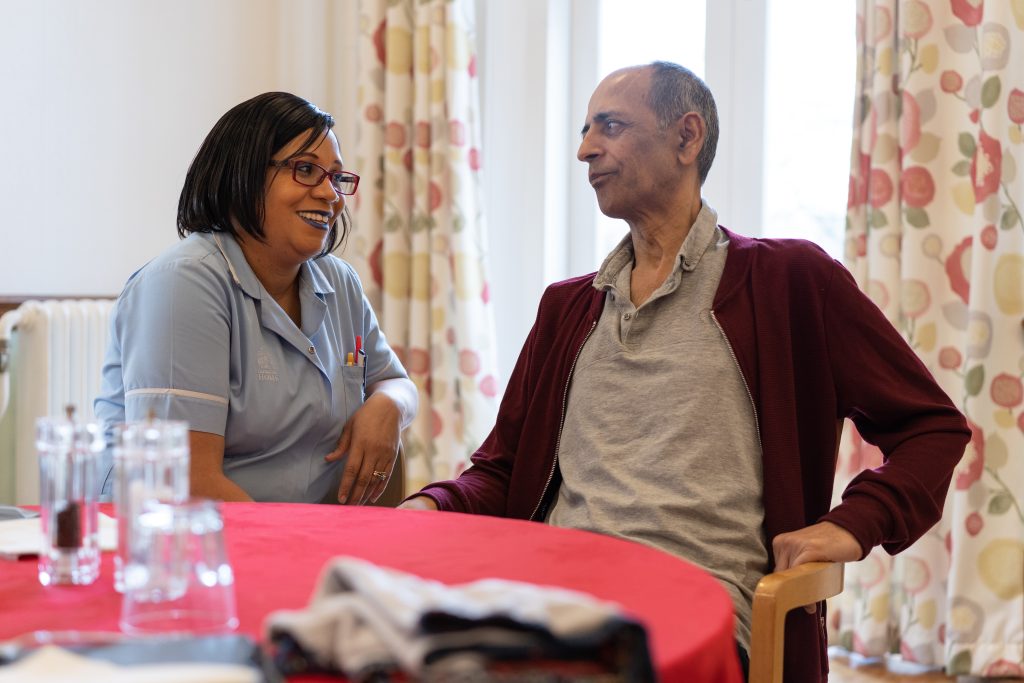British Home, one of the UK’s oldest charities, has said that more must be done to reduce the disparity between social care staff and NHS workers.
CEO Paul Perkin said staff at British Home and other care home providers had to be vaccinated against Covid-19 from 11 November, but NHS employees could wait until April next year.
Perkin, who announced a campaign to raise £500,000 to improve the charity’s facilities and meet the needs of people with neurological disabilities, said the time lag means unvaccinated staff can leave the care sector and join the NHS, resulting in staff losses and unprotected patients in hospitals.
In the face of an expected winter increase in winter Covid cases, Perkin said: “The message to care staff remains that we are a Cinderella service.
“Social care has taken the whack with the additional costs of Covid and many smaller charities can’t cope.”
Lockdowns have provided the worst possible conditions for people already suffering isolation and in need of social care, he said.
A lack of government spending on infrastructure has hit the sector hard, especially as it’s had to absorb the strain on the NHS by taking in discharged patients.
Without investment in infrastructure, social care and health will be under constant pressure, Perkin said.
The cost of housing a patient in a care home is considerably lower than having someone in an NHS hospital bed.
Perkin said: “The assurance from central government that social care remains a priority, is not reflected in the levels of funding we currently receive, especially for people living with neuro-disability”.

Perkin spoke of effective measures taken by local authorities in securing subsidies, but reflected on a wider failure at a national level which has opened the door to corporations.
He told SWL that British Home is in a relatively fortunate position having secured savings through prudent investments.
Yet, many smaller charities lack this safety net, leaving them exposed to larger investors eager to take control.
This poses an issue of a loss of individuality for care homes, with a loss of personal connections.
Perkin said: “The sector should work more coherently with each other by regularly engaging with local MPs and councillors.”
He added that without unity among care providers, the sector could expect further losses.
The role was already tough and with staffing cost increases combined with a rise in national insurance contributions, it was hard to see how smaller businesses would manage.
Yet, British Home continues to fundraise, supporting local organisations such as PRS Music Foundation and hosting events that seek to tackle social isolation.
The question remained, he posed, what assurances do charities like British Home have that funding will find its way to the right places?
On a brighter note, Perkin said that volunteers, who typically had been 60 or older retirees, are now people in their 20s or 30s.
Given the lack of government funding and the fragility of ring-fences, connections with volunteers and donors are more important than ever for small care homes.
“Times change and we change with them,” said Perkin, citing the charity’s motto.

Photo credit: British Home




